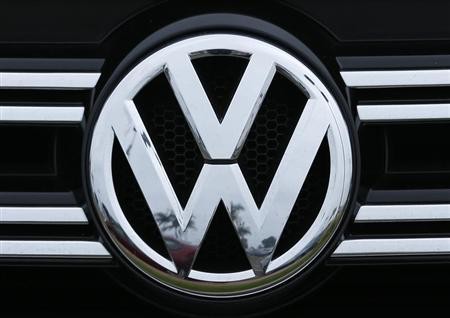Volkswagen has hardly recovered from the carbon dioxide emission scandal and another problem is on its way since Germany has initiated an investigation on the carmaker's local taxes. Prosecutors want to know if Volkswagen breached local tax laws when it made false claims on the C02 emissions of its vehicles.
The installation of a software that provided artificially low CO2 readings allowed car owners in Europe to enjoy tax incentives when they were not entitled to it, according to Braunschweig prosecutors. If Volkswagen would pay back the European government the tax incentives, the move would cost the company 2.2 billion euro or $2.3 billion, reports The New York Times.
The probe centers on five people who cannot be identified yet, according to German law, said Birgit Seel, spokeswoman of the Braunscheweig prosecutor's office. She declined to comment if the suspect are the same people implicated in the CO2 cheating which involves 11 million cars that has the cheating software.
However, the understatement of CO2 output involved only about 800,000 diesels and gasoline vehicles whose buyers got undeserved tax incentives. The incentives are given to people who purchased cars that emit lower levels of CO2 which causes global warming.
That would further decimate the finances of the German auto giant which had allocated 6.7 billion euro to address the CO2 scandal.
But it appears that it is not only Volkswagen vehicles that pollute the air with CO2 beyond the allowable benchmark. Tests made by a Swiss university showed that the Renault Espace also exceeded CO2 standards, according to the group Deutsche Umwelthilfe.
While the group did not accuse Renault of using a software to cheat emission tests, it points out that the passenger van only met pollution limits when its motor was cold. But when the motor is warm during normal driving, the Espace's CO2 emission was 13 to 25 times beyond the allowable level of nitrogen oxide, says the tests made at the Bern University of Applied Sciences.




























